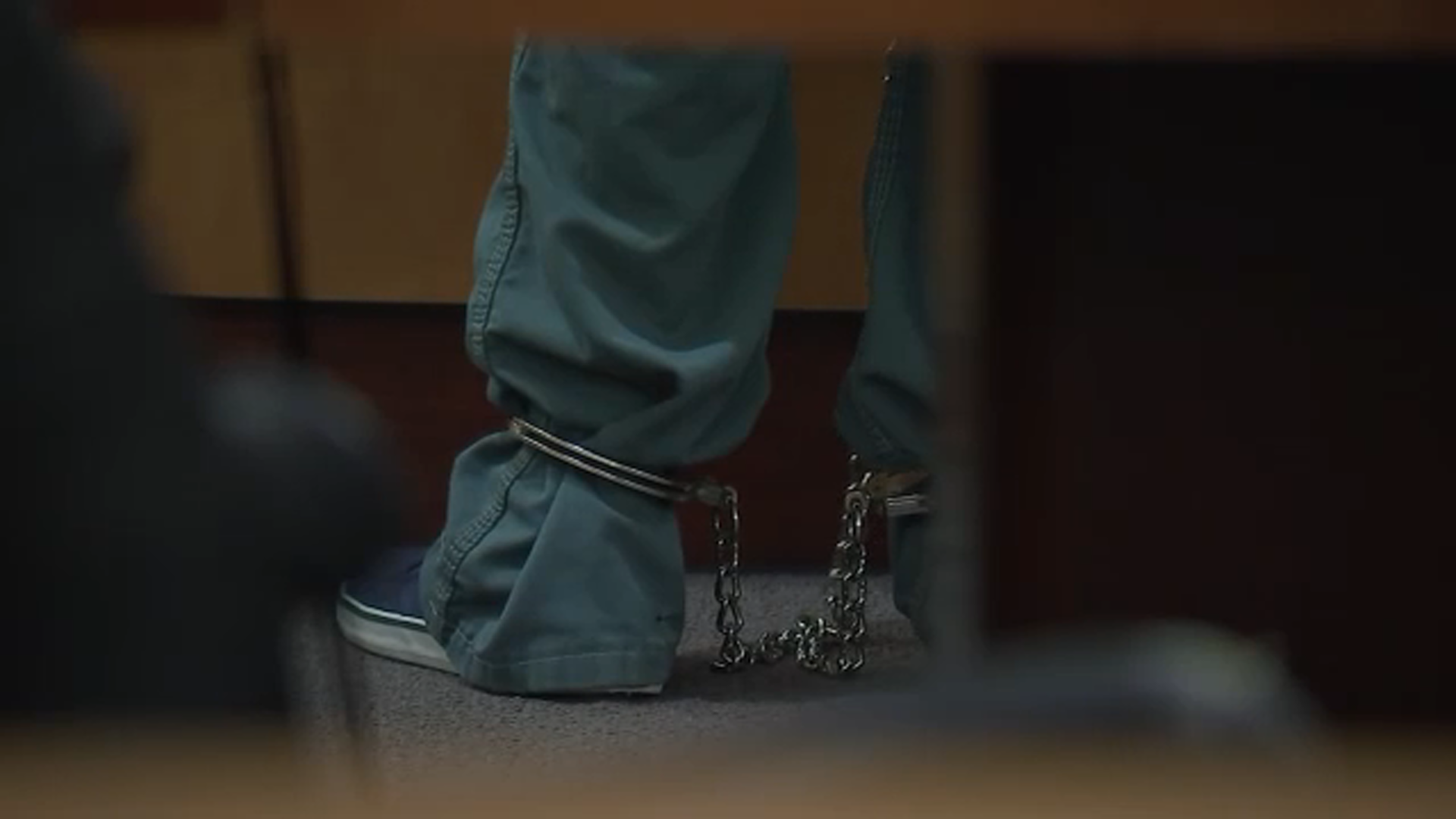HIV-prevention pill PrEP will now be covered under most insurance plans

The HIV-prevention pill PrEP will now be covered under most insurance plans.
Its name is short for pre-exposure prophylaxis. Supporters of the move to make it free to those who are insured call it a game changer.
"It would have changed my life a lot," said Raleigh resident Derwin Willoughby. "I probably wouldn't be positive. I probably wouldn't have gone through all the stress I've gone through just to accommodate this disease."
The 59-year-old has been HIV positive for eleven years and believes there is a stigma that suggests PrEP is only for the LGBTQ community, which is not true.
He says the government covering the cost of PrEP under insurance plans increases access to the pill and should empower everyone to be safe.
Data from the CDC shows minorities contract HIV at higher rates than white people. In fact, African Americans make up 42 percent of new HIV cases and Latinos make up 27 percent. In North Carolina, almost 40,000 people are living with either HIV or AIDS. More than 3,600 people across the Tar Heel State have been prescribed PrEP.
"It's a tool to be able to have safer sex. It only covers HIV and there are other STIs that folks need to protect themselves from," said Christina Adeleke with the North Carolina AIDS Action Network.
According to Adeleke, the downside of this move is that HIV impacts communities that typically don't have insurance and the out-of-pocket costs can be expensive.
"Folks who live in the south. Black communities, brown communities, lower-income communities," said Adeleke.
Without insurance, the cost could be upwards of $1,200 for a month supply.
Meantime, Willoughby encourages everyone to do their research and wishes PrEP were available to him 11 years ago before he contracted HIV.
"The cost of living with this is enormous," said Willoughby.






